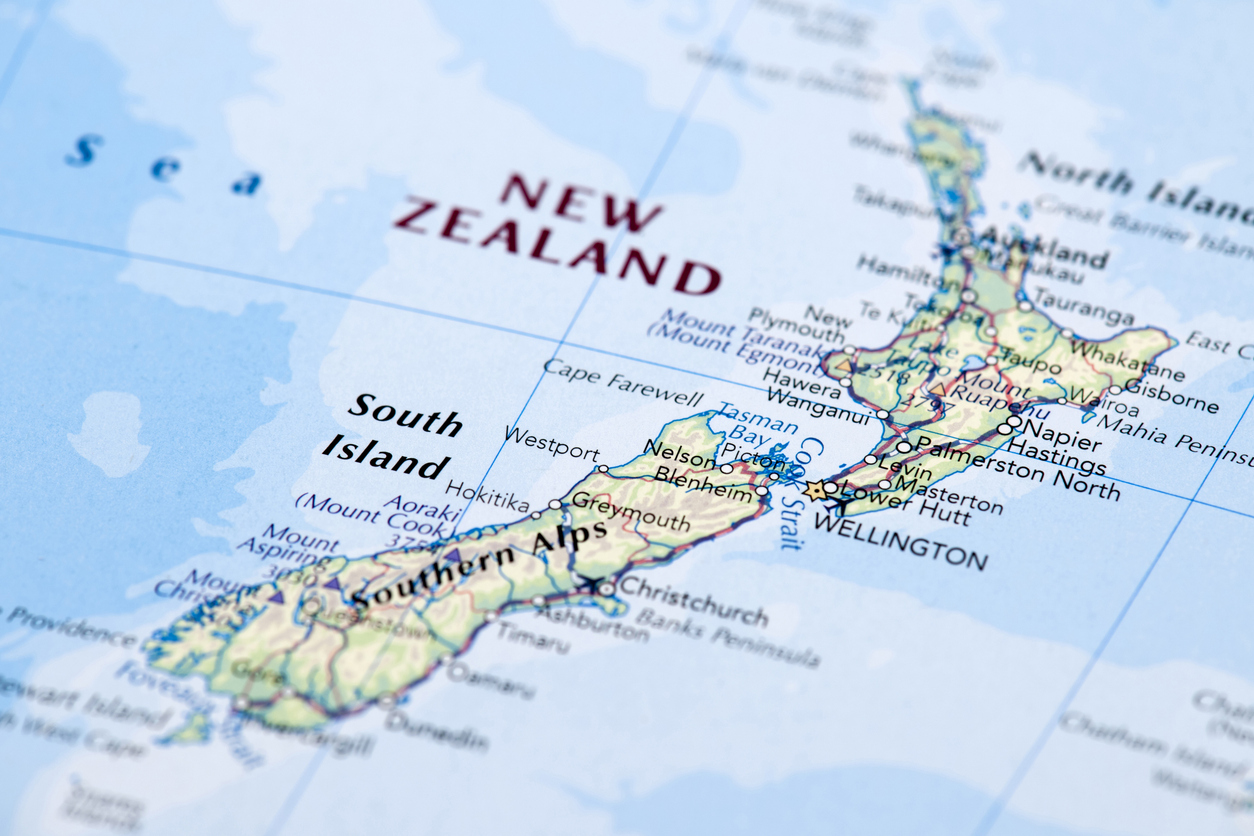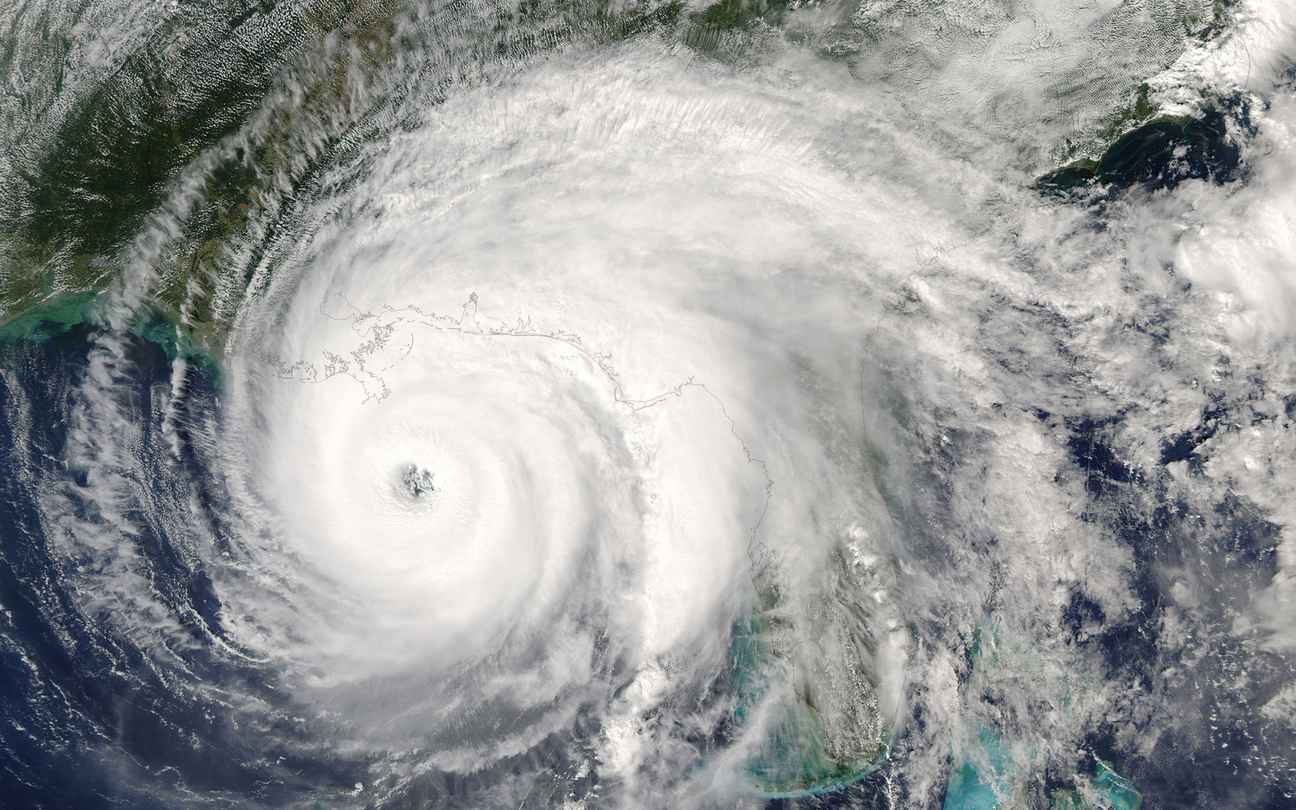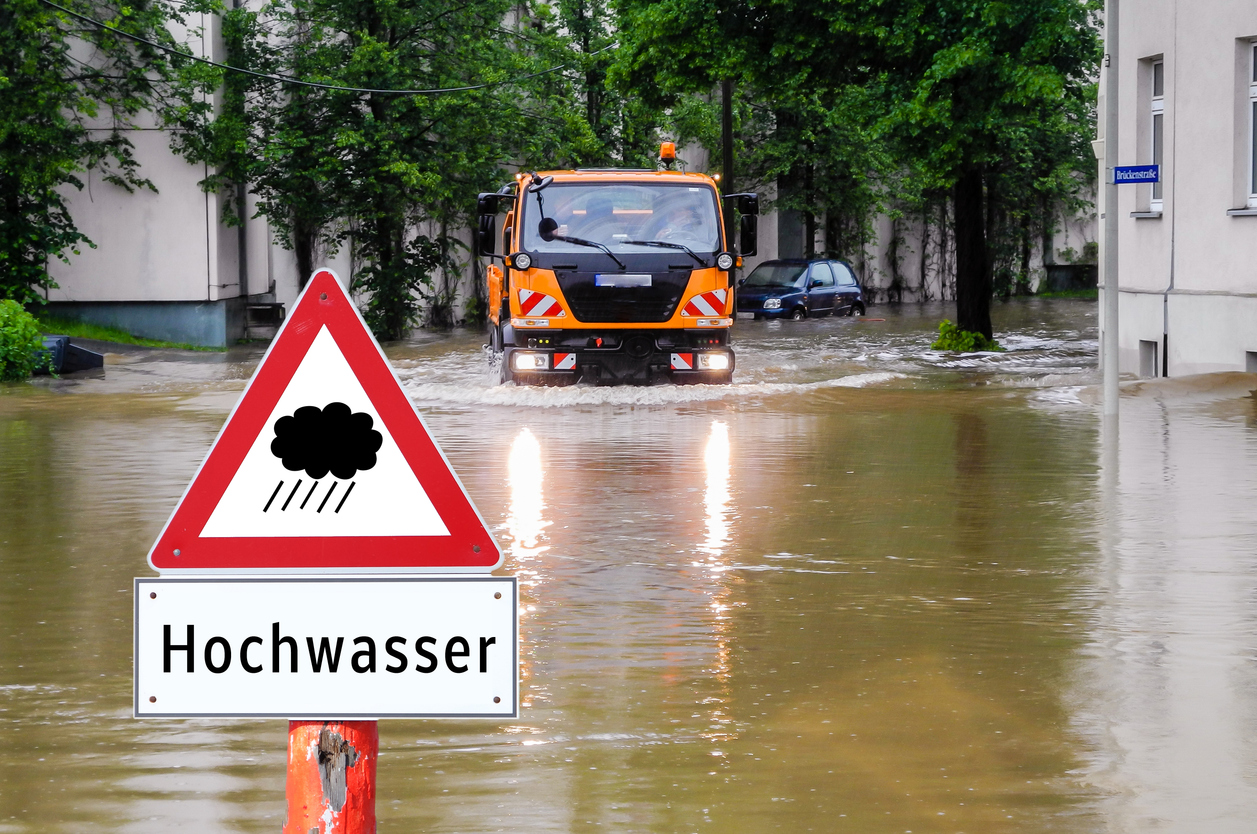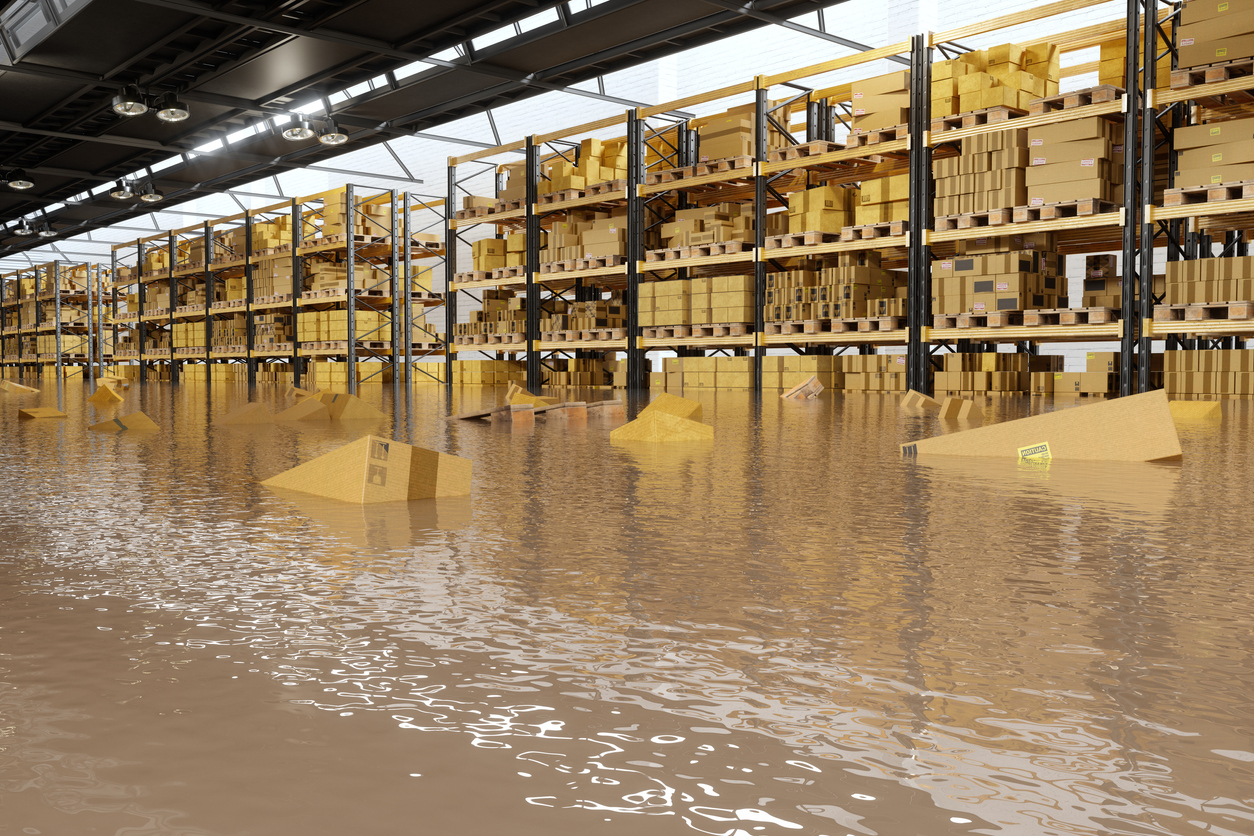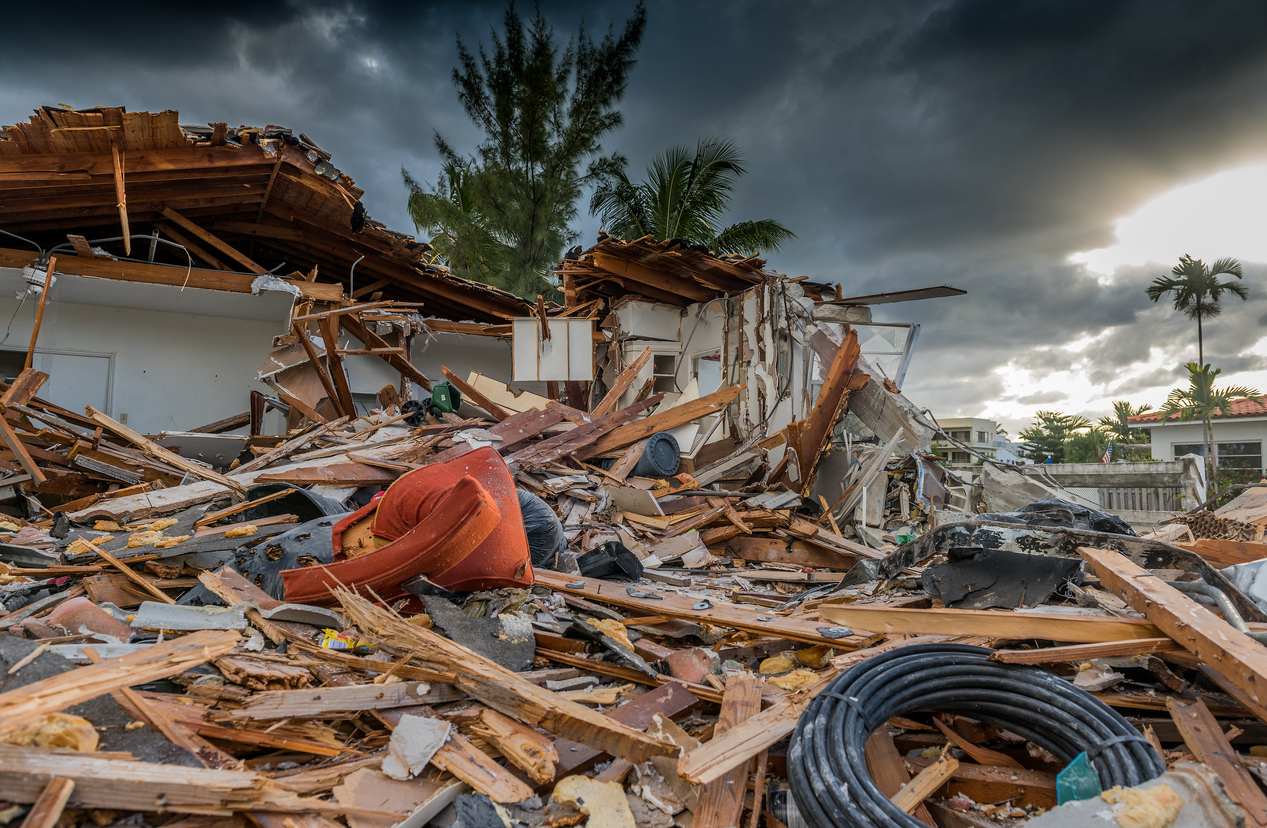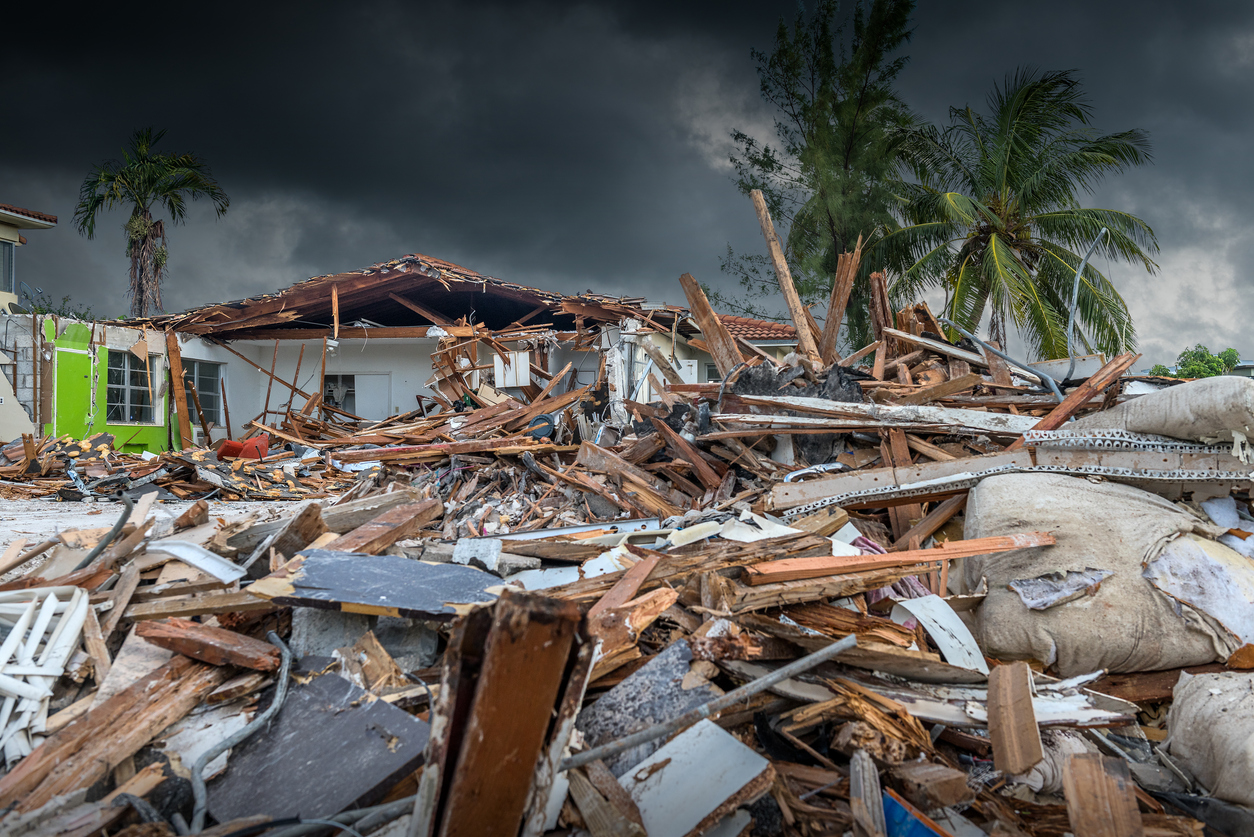What to Do When Disaster Strikes & You Can’t Access Financial Documents
08 August, 2022
-
Edward Secchi, Cameron McQuaid
Swiss Re’s website sigma-explorer.com noted insured losses for 170 natural catastrophes and 105 man-made disasters in 2021 alone.[i] While almost all of these events resulted in property damage and loss of earnings for the affected businesses, some of those entities also felt the effects of civil authority evacuations, power outages, and supply chain disruption.
In order for these businesses to resolve their insurance claim and get back to a pre-loss environment, they need to provide documentation to help quantify the potential loss. Examples include financial statements, tax returns, bank statements, payroll, purchasing history, inventory counts, property values, and other items.
Unfortunately, if entry to the premises is restricted or the records are destroyed, it may not be possible to access this type of information. In these instances, the impacted business may not realize they can utilize third-party resources to access information to help quantify their losses.
MDD’s years of assessing the financial impact of natural and man-made disasters have given us unique insight into the types of documents businesses need and where they can access them if their records are destroyed or unavailable.
We’ve created the below checklist to help businesses minimize what is already a stressful and traumatic situation.
| Required Documentation | How to Access |
| Financial statements; general ledgers | Outside accountants the business may use |
| Business purchases, payroll, and sales deposits | Banking institutions |
| Detailed payroll records | Payroll processing companies |
| Purchasing history | Key suppliers |
| Tax notices | City, regional, state, and municipal government agencies |
| Corporate and personal tax records and – where required – GST/HST | The appropriate national tax authority. A comprehensive list is available here. |
Forensic accounting experts may also utilize additional resources to ensure they have a comprehensive understanding of the business and its operating environment:
- Government sites such as Industry Canada, Statistics Canada, U.S. Bureau of Economic Analysis, Bureau of Labor Statistics, UK Office for National Statistics, Dubai Statistics Center
- Industry and trade publications/sites
- Provincial, state, and regional websites that provide location-specific industry statistics
Remember: business owners and operators should keep the above in multiple places and formats. This way, if one location or version is destroyed or inaccessible, they still have a backup.
The statements or comments contained within this article are based on the author’s own knowledge and experience and do not necessarily represent those of the firm, other partners, our clients, or other business partners.
Authors


Cameron McQuaid
BMOS, CPA, CA, CFF, Senior Manager/Vice President
- +1 416.366.4968
- cmcquaid@mdd.com
- Toronto, ON, Canada
Services
Articles
Relevant Articles
Our experts are extremely knowledgeable about thier subject areas and often write educational material and commentary on topical issues they come across.
Measuring Business Interruption Claims: A Case Study From Christchurch and Kaikoura Earthquakes
Earthquakes are a historically prominent event in New Zealand, occurring most commonly in the Southern and Eastern areas of the North Island and most of the South Island. This is because New Zealand falls over the Australian and Pacific tectonic...
MDD LA California Wildfires Report
California Wildfires of January 2025: A Devastating Start to the Year The year 2025 began with a series of devastating wildfires that swept through Southern California, leaving a trail of destruction and significant insured losses in their wake. Fuelled by...
CAT Spotlight – Iceland eruption
In this CAT spotlight, we focus on Iceland, situated on the Mid-Atlantic Ridge, a country prone to volcanic eruptions, earthquakes, and glacial floods. The most well-known CAT event in recent times was the March 2010 Eyjafjallajökull eruption. Most will remember...
Recapping the 2024 Hurricane Season
Whilst to most, 01 December marks the countdown towards the festive season, to others on the other side of the Atlantic, it also marks the end of the Hurricane Season (officially on 30 November). Initial Forecast vs. Actual Season Forecast Expectations:...
CAT Spotlight – Italy
In this CAT spotlight article, we look at Italy, where floods and earthquakes have caused the most damage over the last two centuries. As an example of the frequency of seismic events, Italy suffered over 16,000 in 2023, according to...
Measuring Business Interruption Dependency Claims: A Case Study from Cyclone Gabrielle
Cyclone Gabrielle made history as the costliest tropical cyclone in the southern hemisphere. Conceived as a tropical low North of Fiji in early February 2023, Cyclone Gabrielle intensified to as high as Category 3 storm. After downgrading to ex-tropical cyclone...
The Bottom Line of Catastrophe: How Catastrophic (CAT) Events are Impacting the Insurance Industry Worldwide
In this new series of spotlight articles, we look at how CATs are affecting different countries all over the world. These are snapshots of various countries CAT history and are designed to give the reader a basic understanding of the...
Floods in the South of Germany in June 2024: Highly Complex Business Interruption Losses
At the beginning of June 2024, unusually high precipitation occurred in large parts of southern Germany. This resulted in flooding and in property damage to residential and commercial properties over a large area. Initial estimates provided by the German insurance...
Predictions for the 2024 Hurricane Season: Implications for the Insurance Industry
“May 2024 (Tortola): it’s currently 30 degrees (Celsius) down there…” I’ve been very fortunate to experience first-hand the beauty of the Caribbean over the past few years, but you could imagine my surprise, when the diving instructor mentioned the above...
El Niño – Weather Phenomenon & Global Disruptor
What is “El Niño”? In normal conditions in the Pacific Ocean, the trade winds blow westerly along the equator, bringing warm water from around South America towards Asia. In a process known as “upwelling”, cold water from the depths of...
CAT Insights – The Increasing Risk and Frequency of Wildfires
Depending on where you are located, you are likely to experience some sort of “weather disaster season,” such as hurricane season, cyclone season, tornado season, earthquake season, or wildfire season. I live in California where we have earthquake season, which...
Natural Catastrophe Insurance Coverage in Asia: An Overview
Natural Catastrophes in Asia In 2021, Asia was the most severely impacted region, experiencing 40.00% of all disaster events, 49.00% of total deaths, 66.00% of the total number of people affected and 18.90% of all natural catastrophe economic losses worldwide...
Property Damage and Derechos
On 29th June 2023, a rare type of storm called a "derecho" swept across the Midwest region of the United States, mostly impacting the states of Missouri, Illinois and Iowa. The derecho began as a rotating supercell thunderstorm that spawned...
The Broader Impact of CAT Events
While every catastrophe (“CAT event”) leaves a wake of destruction in its path, there are times when the financial impact is more widespread than the physical damage would indicate. Consider the following examples: Pandemic – 2020 The impact of COVID-19...
What to Do When Disaster Strikes & You Can’t Access Financial Documents
Swiss Re’s website sigma-explorer.com noted insured losses for 170 natural catastrophes and 105 man-made disasters in 2021 alone.[i] While almost all of these events resulted in property damage and loss of earnings for the affected businesses, some of those entities...
Calculating the Effects of a Natural Disaster
The Allianz Risk Barometer 2022 reported that natural catastrophes are now the third-highest global business risk, while climate change has moved into the sixth position. These rankings represent 25% and 17% increases from last year.[i] Furthermore, the increasing complexity of...
The Varying Effects of a La Niña Cycle on Business Interruption Claims
Earlier this month, Australia’s Bureau of Meteorology announced that the current La Niña conditions would likely continue over the coming months.[i] According to the National Oceanic and Atmospheric Administration, the La Niña effect occurs when there are “periods of below-average...
The Triple Threat: Pandemic, Natural Catastrophe and Business Interruption
Calculating business interruption losses following a natural catastrophe (“CAT”) has always been as much of an art as a science, requiring forensic accountants to use their education, experience and training to resolve the complexities inherently present in quantifying business interruption...
Claim Considerations Related to the Beirut Port Explosion – Part 2
On 17 October 2019 large numbers of protesters began appearing in Martyrs Square, Nejmeh Square, and Hamra Street, as well as many other areas of Beirut and throughout Lebanon. The reasons for the protests are wide reaching from a social,...
Claim Considerations Related to the Beirut Port Explosion – Part 1
In this two-part series, we write about the claim considerations related to the Beirut port explosion on 4 August 2020. On 4 August 2020 at approximately 18:00 local time, an explosion measuring 3.3 on the Richter scale ripped through Beirut...
Is the Perfect Storm Brewing?
Insurers around the globe currently have their attention firmly fixed on addressing the enormity of client claims relating to COVID-19 but is there another dark cloud gathering on the horizon? Recent scientific information includes NOAA issuing their forecast on May...
Caribbean ‘vacation’ for CAT claims
As a global forensic accounting firm, we at MDD have a “boots on the ground” mentality when it comes to quantifying economic damages for catastrophe (“CAT”) claims. The busy hurricane season in 2017 meant that I, along with many of...
Mexican Standoff – Insured Losses in Mexico Following Recent Catastrophes
September 2017 was a brutal month for the people of Mexico, with two earthquakes and a hurricane causing untold misery, multiple deaths and substantial property damage across the country. But if the general view in the global reinsurance market is...
Business Interruption Insurance and Dealing with Natural Catastrophe Events
Late 2017 has witnessed a flurry of catastrophic weather events that has led to widespread devastation. Hurricane Harvey set the ball rolling, with unprecedented rainfall in the southern United States. Irma then destroyed several Caribbean islands, rendering many uninhabitable, before...
Cyclone Debbie May Create Complex Claims Issues for Insurers
Cyclone Debbie and the subsequent rain and flooding events across Queensland, Northern NSW and New Zealand have caused significant damage to property and infrastructure, limited rail access, closed ports and caused damage to numerous roads and bridges. Rail closures in...
Financial Impact of New Zealand Kaikoura Earthquakes Felt Beyond Earthquake Zone
While the damage to physical property as a result of the Kaikoura earthquakes in November 2016 has been well documented, the financial impact of these events are ongoing both on businesses physically affected by the earthquakes as well as businesses...
Staying Afloat in the Flood – The Cost of Flooding to Companies with Exposures in India
Given the number of major flood occurrences in India in the past decade, European and US companies with exposures in the country should examine their insurance coverage and disaster management planning. As the waters start to subside following India’s latest...
Canadian Wildfire Present Challenges to Business Owners and Their Insurers
The Canadian wildfire which started in early May 2016 southwest of Fort McMurray affected a population of about 90,000 and led to destruction of over 2,400 structures. The sheer ferocity and speed of the fire took both public services and...
Catastrophe Events and Business Interruption Insurance
In the event of a devastating catastrophe (“cat”) be it an earthquake, hurricane, flood, or tornado, the first and foremost priority is to ensure the safety all the people involved. Once this has been established, business owners can then begin...
What to do When You Can’t Get to Documents
On June 20, 2013 Southern Alberta endured a catastrophic flood resulting in a significant amount of property damage, numerous civil authority evacuations and power outages for individuals and businesses. In any major catastrophe, access to supporting documentation may not be...
The Forensic Accountant’s Role in a Large Loss
No matter how well a risk management team has planned for it, actually dealing with a catastrophe can be a distracting and stressful financial challenge. The adjuster's ability to manage his resources and work through the complex claim issues that...





